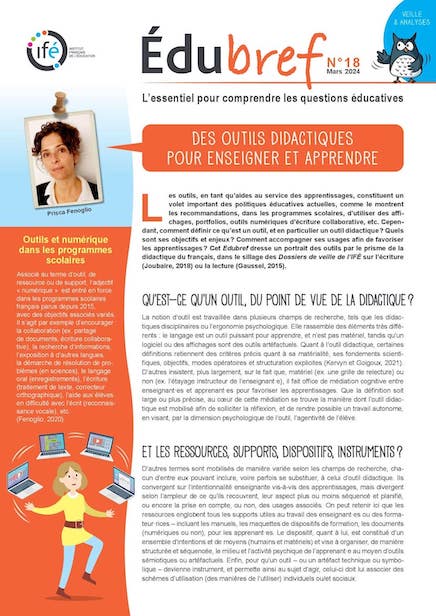PISA: Knowledge and Uses
n°66, octobre 2011
portrait

Author(s) : REY, Olivier
Download PDF
Abstract :
Since 2001, the results of PISA (Programme for International Student Assessment) have been made public every three years and have generated increasing interest in their assessments of the current state of educational systems. While ‘rankings’ are perhaps the most widely known outcome of PISA tests, they are not their most interesting or useful outcome.
The OECD PISA study represents an unprecedented source of data that has been used and analyzed by many researchers for a number of years. PISA improves our understanding of the key characteristics of the French educational system based on the performance and attitudes of students aged 15 compared to the performance and attitudes of their peers in other countries covered by the programme. PISA also provides a new picture of the links between performance and the structure of educational systems, offering (for example) a new perspective on the choice between a common-core curriculum and separate curricula or institutional differentiation in compulsory education.
The international PISA tests have also fostered critical reflection on the diversity of approaches and uses of PISA results at a national level. Between the ‘PISA shock’ in Germany, the general indifference to the OECD programme in the United States and the belated interest of France in PISA results, there is much evidence to suggest that PISA results have been put to very different uses in public debates on education. As an instrument of dialogue between researchers and policy-makers, PISA represents a key instrument of educational policy-making.
This review provides an introduction to the literature on PISA results and to the uses of PISA as an instrument of educational policy-making.
Also available














